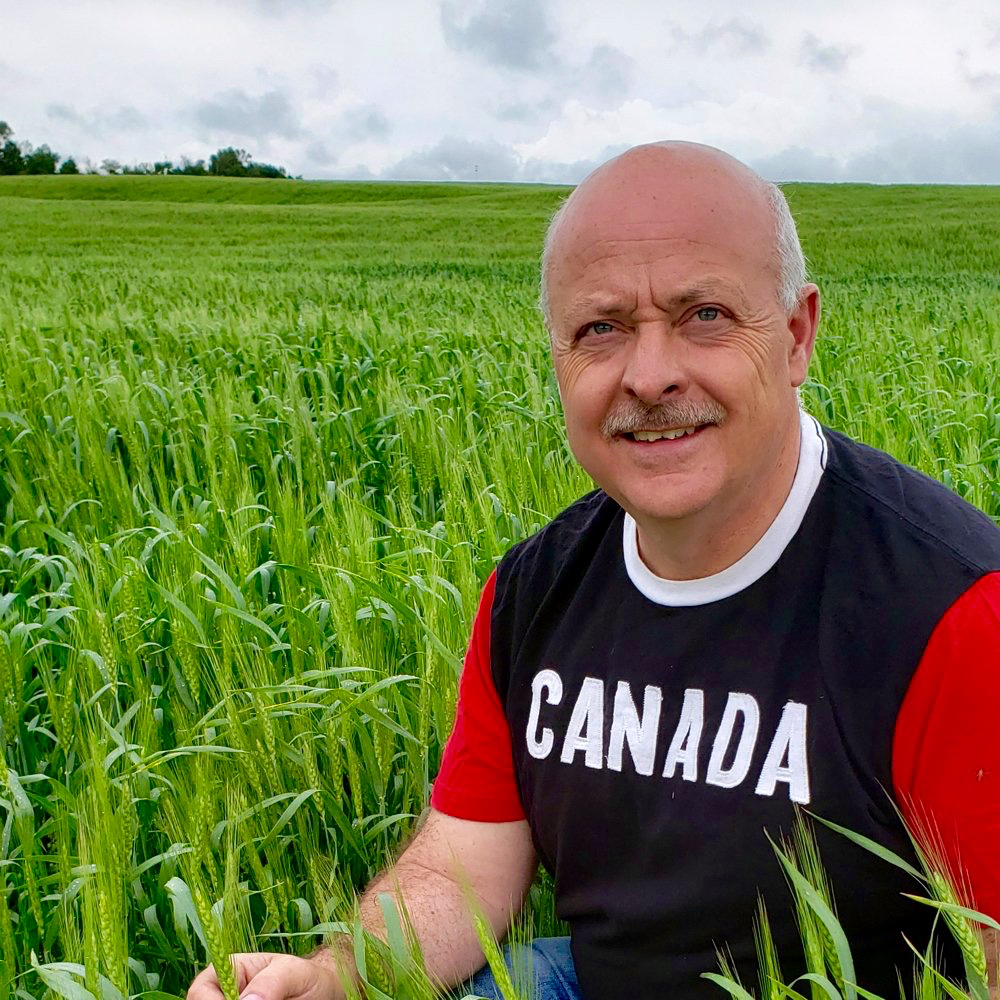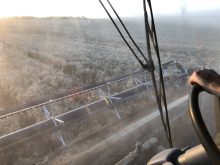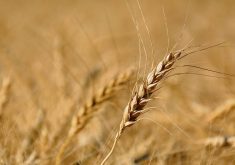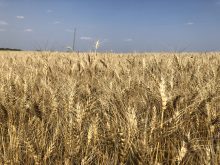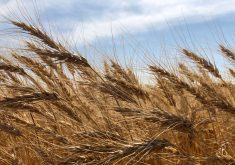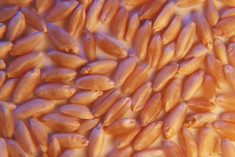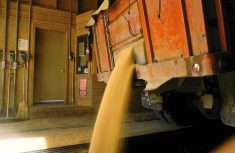The Canadian Grain Commission is slashing the contentious fees it charges for grain inspection — but Alberta’s cereal groups say that just shows the system is “fundamentally flawed.”
The grain commission says reducing inspection and weighing fees will cut the cost of exporting grain by nearly $14 million in the next crop year and more than $20 million annually thereafter (the latter amounting to a 29 per cent reduction).
But while Alberta Wheat and Alberta Barley say they “applaud” the move, they want the grain commission to get out of the inspection business altogether and instead just provide regulatory oversight.
Read Also
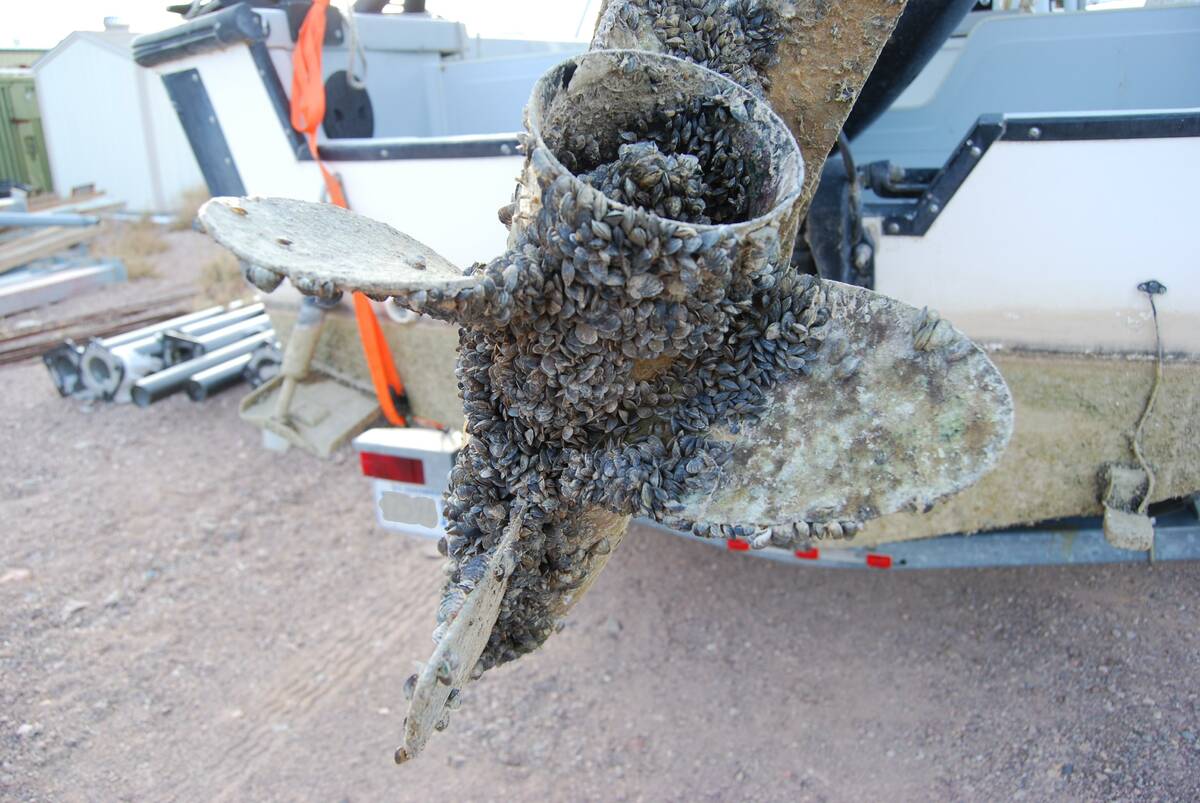
Invasive species council lending a helping hand to Alberta agricultural producers
Alberta Invasive Species Council unveils the huge economic effect of keeping invasive species unchecked to agricultural production in the province.
“You can look at it as a cup half full, yes, there’s going to be reduction and savings to farmers,” said Alberta Wheat chair Todd Hames. “But I guess the bigger question is about what about all the money that we’re paying for duplication of services. About 70 to 80 per cent of export out of the port is being reinspected by a third party, so they’re not using the services that the Canadian Grain Commission is charging them for.”
The commission “hasn’t been responsible in their financial affairs and farmers are paying a lot of unnecessary money,” added the Marwayne-area producer.
Alberta Barley chair Tara Sawyer agrees.
“They’ve reduced the rates, but at the end of the day, they’re holding onto a surplus of $148 million,” said the Acme-area farmer. “It may be a start, but at the end of the day, they have all that money, so why do they need to still be charging us? It doesn’t even make sense.”
The grain commission gets the vast majority of its revenue from inspection and weighing. An inspector takes samples of every 2,000 tonnes during loading of ships, and also monitors official weighing (grain sent to the U.S. is exempt from both). Normally, commission’s fees are set for five years, but they’re being cut two years early because grain volumes have risen so much, said Doug Chorney, the chief commissioner of the agency.
“Reducing these fees will ensure that millions of dollars remain in the grain sector to the benefit of the entire value chain over the next three years,” he said.

When the current fees were set, it was estimated that 34.4 million tonnes would be weighed and inspected annually, but grain production has grown and the grain volume forecast now tops 48 million tonnes annually.
The Agricultural Producers Association of Saskatchewan was among farm groups praising the fee reduction.
“This is good news for Saskatchewan producers and all producers across Canada,” said association president Todd Lewis.
His organization and Manitoba’s main farm group, Keystone Agriculture Producers, are among those that want the grain commission to continue its hands-on inspection role, something they say ensures Canada’s reputation as a supplier of top-quality grain. Its role is currently being reviewed as part of a larger review of the Canada Grain Act.
But Alberta Wheat and Alberta Barley say those inspections aren’t needed as grain companies — at the request of their global customers — hire third-party inspection companies and they do the job just as well and at a cheaper cost.
“I think for most farmers, they would like to see the redundancy gone,” said Sawyer. “There are double inspection costs that we’re bearing the brunt of.”
The “fee reductions point to a flawed system that imposes high costs on farmers,” the two Alberta organizations said.
They noted the grain commission has racked up a huge surplus of $148 million and the increased amount of grain being inspected means that figure will jump further by the time the current crop year ends on July 31.
“Those inspection costs are passed onto farmers through lower grain prices,” the two farm groups said in a release. And that puts Prairie farmers at a disadvantage compared to competitors in other grain-exporting countries, they said.
And since farmers are paying most of the costs, they should have more info on how the commission spends its revenues and what’s going to happen with the surplus, said Hames.
“There’s no path of transparency in the Canadian Grain Commission to let farmers in on what’s going on and what they’re going to do with the surplus,” he said. “And really, it is farmers’ money sitting there.”
While the fee cuts are expected to come, the proposed changes require an amendment to the Canada Grain Regulations. Agriculture and Agri-Food Canada is also reviewing the Canada Grain Act and the grain commission, which administers it.
But the move to adjust its fees two years early was not triggered by the review, said Chorney.
“We realize this might look like we’re posturing for the review process but that’s not the case at all really,” he said. “It’s a reflection of the fact that the surplus has continued to accumulate. Grain volumes have not just been up a bit — they’re record-breaking and it’s necessary for the fees to be adjusted to better reflect the actual grain volumes that are moving”
But even farm groups that want the grain commission to keep its inspection role, want changes. For example, the Saskatchewan Wheat Development Commission wants the federal government to cover its operating costs, arguing the agency provides a public benefit.
– With files from Allan Dawson/Glacier FarmMedia


